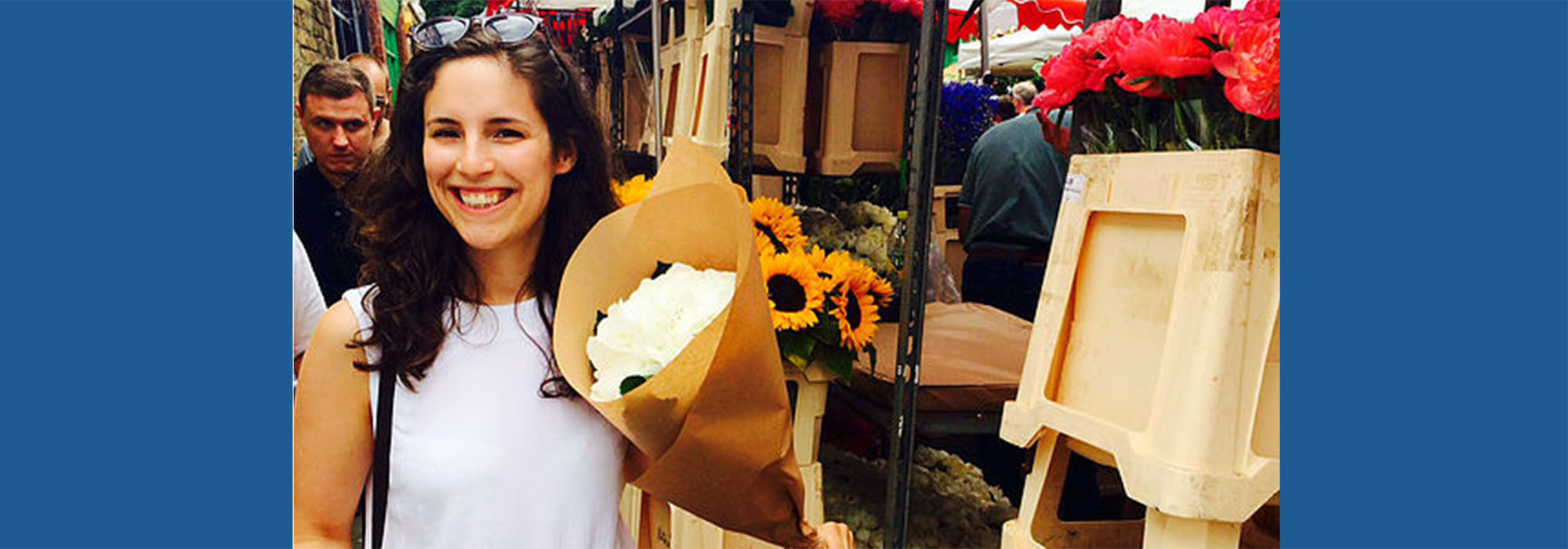Eight steps towards being plastic free
Designer Sarah Fuller was so shocked by statistics produced by Plastic Free July in 2016 about plastic polluting our oceans and waterways, she decided to document her attempts at a lifestyle change towards ditching plastic. Being mindful of the waste she creates has been an eye-opener and fulfilling but a big challenge. With Plastic Free July 2017 around the corner, she tells us what progress she has made…
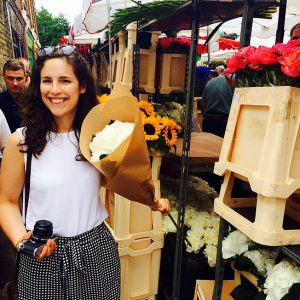
I first heard about the devastating effect of plastic pollution to our oceans and waterways almost a year ago, when a friend shared a link to the Plastic Free July website. It hadn’t really occurred to me that there was such a problem, but after reading that there could be more plastic in the sea than fish by 2050, I eagerly accepted the challenge.
Since then, I have been on a mission to live with as little plastic as possible – minimising the amount of plastic I buy in single-use packaging as well as longer-lasting household items such as furniture, decorative pieces, brooms and mops, etc.
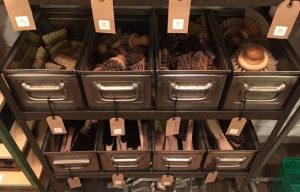
My favourite aspect of this challenge has been exploring new places and meeting new people. I’ve been so surprised at how accommodating people can be: I was once given free drinks at a pub for asking for no straw (Barman: “are you going plastic-free? Amazing! Have these on us!”). Exploring local markets and meeting local growers and makers has been a real highlight. I’ve also re-discovered having a milkman, who delivers organic milk in reusable glass jars right to my doorstep.
Having to find alternative ways of doing things, such as growing my own vegetables and making my own beauty products, has been incredibly rewarding. It’s even helped to improve my health in some ways – I now use a natural deodorant and know what I’m putting on my skin.
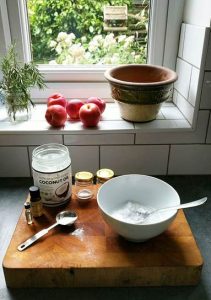
It hasn’t all been easy though. Walking into almost any shop is a challenge, when plastic packaging spans as far as the eye can see.
One tricky area is organic food. Unfortunately in supermarkets, organic fruit and vegetables tend to be packaged in plastic, whereas the unpackaged produce is generally not organic. One way around this is to shop at farmers’ markets, if you have time. Another is to get an organic veg box delivered to your home. Companies such as Abel & Cole make an effort to avoid packaging where possible, although sadly not all of their produce is loose.
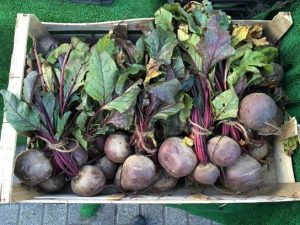
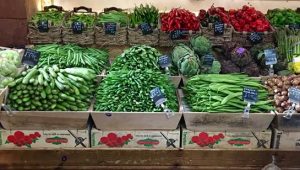
When I entertain guests, it now takes a little more preparation. One go-to solution is DIY hummus. It’s so easy to make and I find it much tastier than the shop-bought version! I’ve also started making mini bruschetta bites for guests, and some health food shops sell nibbles in bulk that you can put into your own container.
Speaking of bringing your own container, it’s also possible to pick up loose grains, seeds, dried fruit, tea, and coffee in health food shops. Supermarkets don’t even seem to mind putting fresh fish and cheese into your container (but you might have to ask very nicely)!
I’ll be the first to admit I’m not perfect, and haven’t managed to give up plastic entirely. In order to stay sane, I have occasionally had to give in and buy the odd takeaway, or packet of halloumi cheese. However, I have found that being mindful of the waste I create has been an eye-opening and fulfilling process.
For anyone else who wants to have a go, there are some really easy things you can do that make a big difference:
- Try to buy loose fruit, vegetables and produce where possible
- Bring your own canvas bags to the shops
- Bring your own reusables: coffee cup, little fork (or spork), drinking water bottle
- Ask for no straw
- Buy a bamboo toothbrush
- Buy shampoo in a bar (check out Lush)
- Avoid cleansing products with microbeads (tiny plastic balls often put into exfoliating scrubs)
- Buy clothing made of natural fibres – did you know that every time you wash synthetic clothing, it releases tiny bits of fluff into the waterways? This synthetic fluff is a form of microplastic that can be ingested by aquatic life.
Finally, my best advice for anyone else trying to give up plastic is to make it an enjoyable experience. Don’t make yourself miserable by cutting too many things out of your life – just try to find alternatives where possible and have fun discovering them!
Sarah Fuller is detailing her attempts at a plastic-free life on her personal blog, Plenty More Plastic In The Sea.
